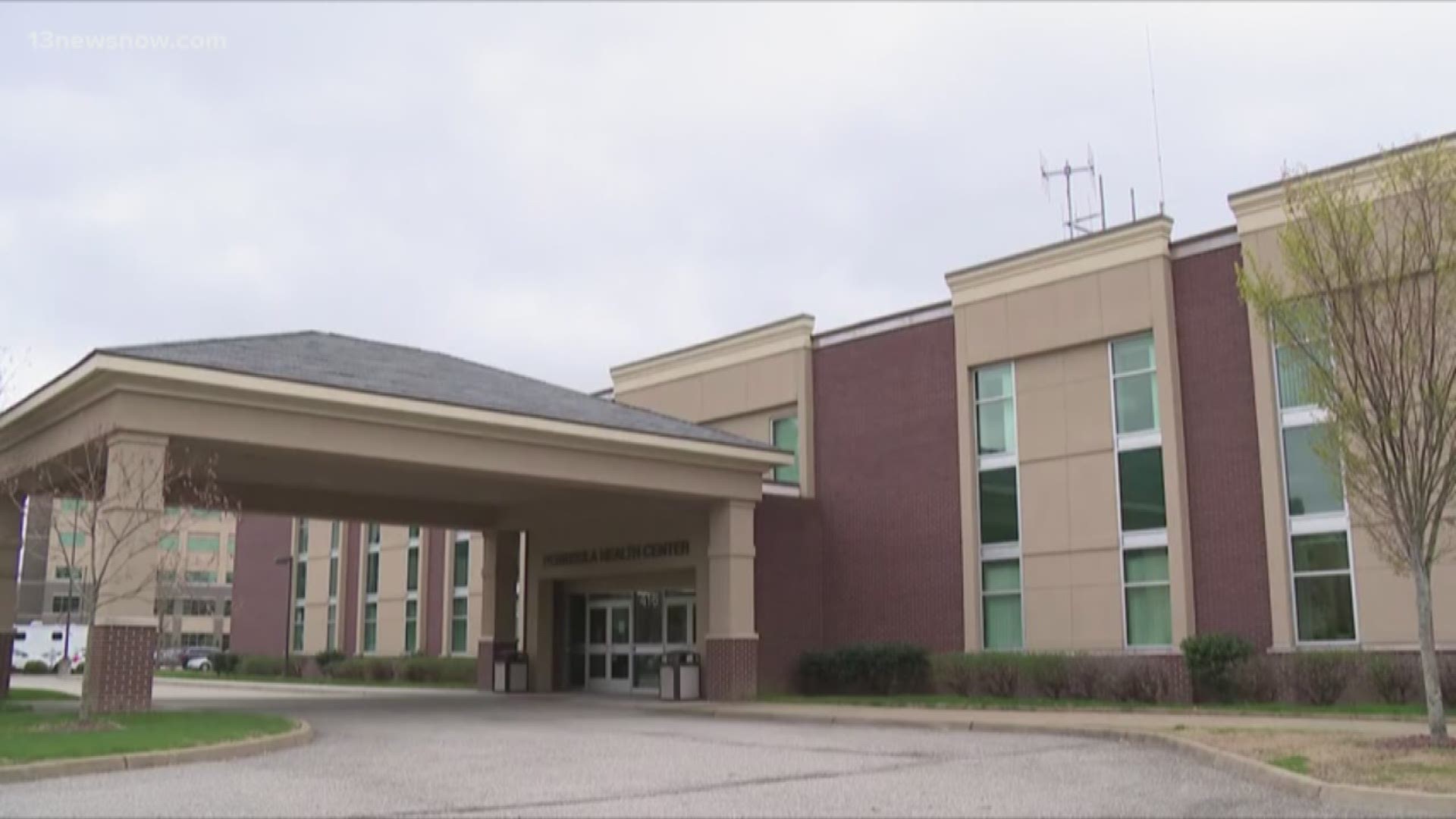Oncologists get a lot of the limelight in a cancer patient’s care and for good reason, but at large cancer treatment centers such as Virginia Oncology Associates (VOA), the oncologist is a member of a team of health professionals that generally includes an advanced practice provider, registered nurse, and medical assistant.
Most cancer patients will tell you that the person with whom they share the most information -- and certainly the most time -- isn’t their oncologist. It’s their nurse.
Nila Quinonez, RN began her career in nursing 28 years ago at the world’s oldest and largest private cancer center: Memorial Sloan Kettering Cancer Center in New York. When Quinonez moved to Virginia, she didn’t want to give up the experience of working in a large, innovative cancer center that offered national clinical trials and high standards of care. She was delighted to find that VOA fit the bill, and that several of the doctors there had also come from Memorial Sloan Kettering. Eleven years later, Quinonez is working on Dr. Dean McGaughey’s team which focuses on hematology, head and neck tumors, and bone marrow transplants at VOA’s Lake Wright office in Norfolk.
“It’s a privilege to travel this journey with these patients at this time of their life when they’re putting so many things into perspective. I don’t take that for granted,” said Quinonez who spends hours each week with her patients as they undergo treatments. She explained that while doctors must focus their patient time on identifying, treating and managing the cancer, a nurse can take the time to ask questions about home life, side effects of treatment, and how to increase a patient’s overall quality of life.
Across town in a VOA satellite office in Chesapeake, Laura McFall, RN is the nurse on Dr. Stacey Rogers’ team of gynecological oncology professionals. Her career began locally on the cancer floor at DePaul Hospital then moved into research at EVMS. When her research was complete, she found a spot at VOA and has been there for more than 20 years.
McFall is excited to see how far cancer diagnosis and treatment has come in the past two decades. Developments include robotic surgery, immunotherapies, and genetic testing. A career as long as hers has provided McFall her share of opportunities, but when she was offered a nursing supervisor position a few years ago, she ultimately turned it down.
McFall said, “I just loved the patient interaction, and I didn’t want to leave that. I always look at patients and think: ‘What if that person was my mom or dad? How would I want them treated?’”
Both nurses offhandedly shared anecdotes that indicate the level of personal care they provide.
Quinonez is bilingual. Often, when there are patients whose primary language is Spanish, she is called to translate, to help put them and their families at ease, to explain diagnoses and treatment options, and to provide medication counseling.
Quinonez does that for patients whether they are part of her specific practice area or not, because she knows that the communication is critical for patients to feel comfortable and to have the best standard of care.
McFall mentioned that she currently is working with a young mother with two small children. For the patient, getting her kids onto the bus in the morning and then trying to get herself to treatment is exhausting. McFall set up the patient with Lee’s Friends, a nonprofit organization that offers cancer patients a variety of free services including transportation. What McFall saw as a small effort on her part went a long way for a young woman struggling with cancer and family life.
Oncology nurses may not spend much time in the spotlight, but for their patients they are a trusted resource, a friend during hours of intense therapy, and a cheerleader for their progress.



